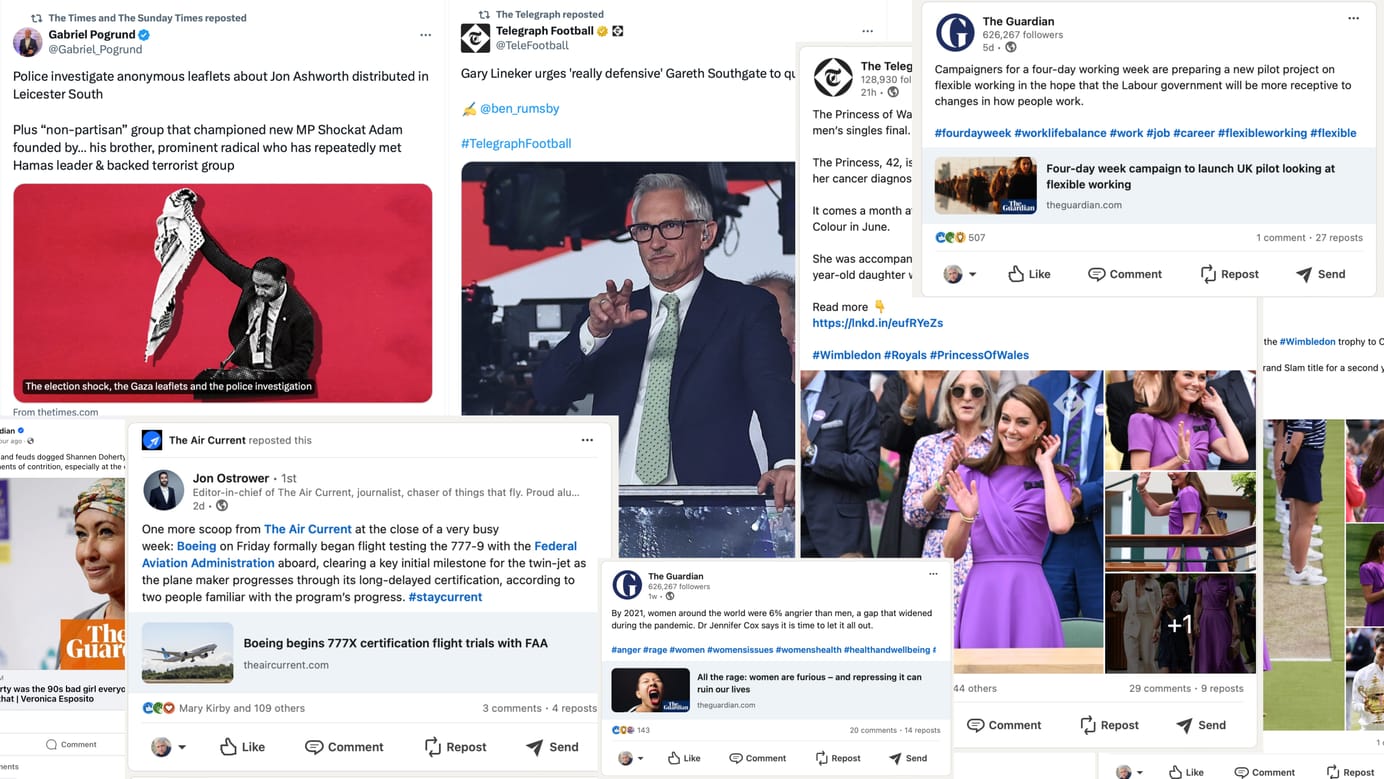
Instagram and Twitter start the fightback against fake engagement
Two moves from major platforms — one small, one major — suggest the right direction of travel.
Two positive stories from the world of social media this morning, as two major platforms begin to address the plague of fake engagement that distorts behaviours of users, and (possibly, more to the point) leads to fraud for influencer marketing firms.
Instagram removes fake engagement
Shannon Liao reports for The Verge that Instagram is starting to remove fake likes and follows:
Instagram says it has built machine learning-powered moderation tools that will help identify which accounts use these services and automatically remove the likes, follows, and comments. Any accounts that are identified as using third-party apps to boost popularity will be notified within Instagram that its fake likes have been removed. They’ll also be prompted to change their password, in case the third-party apps have compromised their account security.
Instragram's centrality as an influencer marketing platform makes this important. There's been a great financial incentive for people to buy engagement on the platform, because the cost of fake engagement is way lower than the "influencer" is receiving from the marketing outfit.
The logical next step, of course, would be to start punishing accounts that benefit from this, much as Google does for people who abuse SEO; although it's clearly more complex for Instagram, as buying engagement for a competitor could then become a weaponized tactic.
UPDATE: Comment from the head of Instagram on punishing users and more:
The challenges are that we have less data on historical activity and we are trying to avoid false positives. That said, this announcement is just a first step – we're looking into retroactive work as well as how we might improve recall given we know we don't catch everything.
— Adam Mosseri (@mosseri) November 20, 2018
Twitter starts to reduce the incentive for fake engagement
The Verge's Makena Kelly:
Twitter has made follower counts appear less prominent on its iOS app by making the font size smaller in a new redesign effort, according to a Twitter spokesperson. The change comes after CEO Jack Dorsey repeatedly said that he wants to rethink how the company could prioritize “meaningful” conversations over numbers like retweets, likes, and follows.
It's still a relatively trivial change. If you didn't know it had happened, you probably wouldn't have noticed. But there's no doubt in my mind that this is a tentative move in the right direction. The vanity metrics we've become used to in social media have a real impact. Number of followers creates a social proof effect where people assume importance simply because so many people have chosen to follow someone else. (The same applies for metrics like retweets and Likes.)
Clearly, the existence of these visible metrics creates an incentive for poor behaviour, from buying followers to engagement-bait posting. A slow de-emphasis of these aspects of the platform might well make them more sustainable, and less toxic, in the medium term.
In the short term, I expect howls of protest from those hooked on the engagement crack.
Sign up for e-mail updates
Join the newsletter to receive the latest posts in your inbox.










